School exclusion and learning problems: the consequences of confinement on children in Latin America
A study by the Fundación Comparte analyzes the effects of the pandemic and restrictions on children’s education and health.
"The impact of childhood confinement in Latin America can cause us to lose a generation". Sociologist Diana Carolina Gil Trujillo, co-author of the report 'Impact of confinement on Latin American children', promoted by the Fundación Comparte between January and May 2021, with the aim of identifying the consequences that have caused the pandemic, and the resulting restrictions, among children in the American continent.
The document, based on surveys, focus groups, interviews and observations, addresses the direct effects of confinements, which have been among the longest in the world in many countries in the region, on education, physical and mental health, food and family relationships in various groups of children and young people between 2 and 29 years old.
The study was made possible thanks to the work of the Red Comparte, a network of eight non-profit organizations in Argentina, Ecuador, Chile, Honduras and Spain, which works to ensure the right in the education of 15,000 children in Latin America.
Learning difficulties, school dropout and exclusion
The main conclusion of the report is that the confinement by Covid has led to serious problems of long-term learning, student dropout and school exclusion among children. It's well known that the field of education has been one of the most affected by the measures that have been imposed to contain the pandemic.
Consequences that have been heavily conditioned by difficult internet access and technological exclusion, which is very high in the region. "Students haven't continued with their classes, largely due to the issue of connectivity, and teachers haven't attended schools either, either for fear of contagion or for mobility difficulties, something that has affected especially the rural environments", explains Diana Carolina Gil Trujillo.
As an example, the report presents a survey of about thirty children in the municipality of Arada and the community of San Manuel Triunfo, in Honduras, in which 100% of respondents said they don't have access to the Internet to continue with online classes during confinement.
In this context, the sociologist highlights the gap between face-to-face and virtual education, and says that the balance of distance education "hasn't been good". "It has been especially difficult for younger children, those who are learning to read and write, who haven't been able to follow this process, something that can lead to serious problems in the long run," warns the co-author of the report.
The health of children has also been affected by the pandemic
While the impact of measures against Covid has been profound in education, the document points out that, in terms of health, the pandemic has also impacted on issues such as nutrition, mental health and health care of children.
"The economic impact of coronavirus has left the parents of many families unemployed, and this has been reflected in the nutrition of children. We have found many cases of children who have only been able to eat one meal a day". asserts Gil Trujillo. All this has also influenced the diet, which has been changing, the report states. For example, in Ecuador, the results show that 20% of students surveyed are overweight, and 11% have reached obesity during confinement.
On the other hand, it's an evidence that the pandemic has impacted the mental health of people around the world. In Nicaragua, the study concludes that 26% of children have had sleep disturbances and difficulty sleeping due to fear of infection or family mourning.
"The word that came out the most among children when we asked them about the coronavirus was 'fear', and in this sense the role of the media is very remarkable, as we have seen that children who didn't have access to television, especially in rural areas, they were the ones who felt the least fear", agrees the sociologist from the Fundación Comparte.
A mess, also in human and family relationships
The pandemic has turned the world upside down, also in terms of human relations. While confinement has allowed children to spend more time with their families, something that children highlight as positive, this has also had a negative side: this coexistence has significantly increased domestic violence, as well as the physical and verbal punishment.
However, the co-author of the report believes that, in many cases, this violence is already "naturalized", meaning that parents often use it to correct their children. In this sense, Gil Trujillo believes that the overcrowding conditions in which many households have had to live have been problematic and highlights the case of Argentina, where many cases of families of up to ten people have been found living in houses with a maximum of three rooms.
At this point, is it possible to make up for lost time and reverse the effects of Covid and confinement? Diana Carolina Gil Trujillo admits that it will be an arduous and difficult task, but she believes that if we work together, between parents, children, teachers and organizations, we can achieve "maybe not 100%, but we can turn the situation around for the most part", he said.
To do so, the Fundación Comparte advocates an in-depth analysis of the consequences of Covid in the institutional sphere and the family unit, sharing the results of research carried out on the pandemic to develop joint strategies; invest in programs to mitigate the consequences of confinement on a global scale and reflect globally on the way of life of humanity.
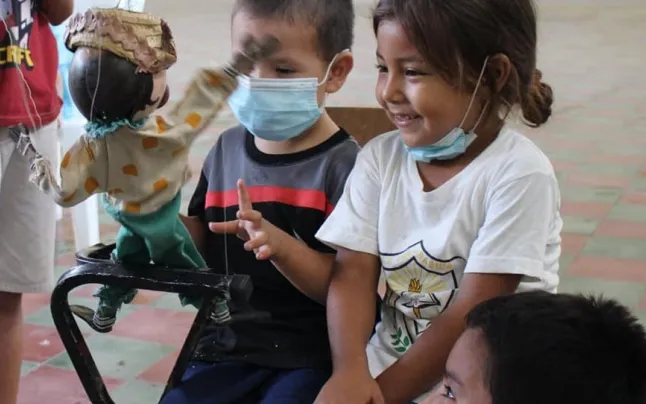
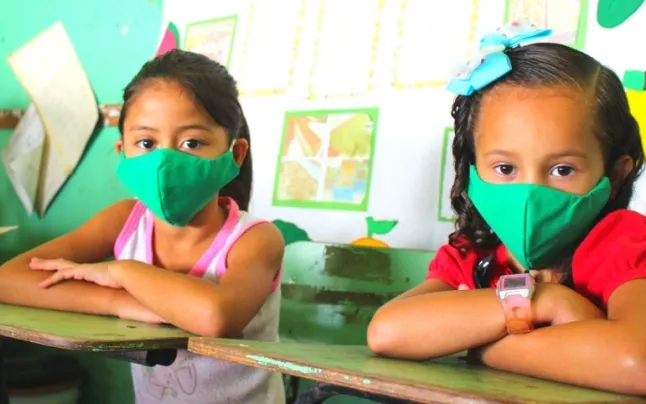
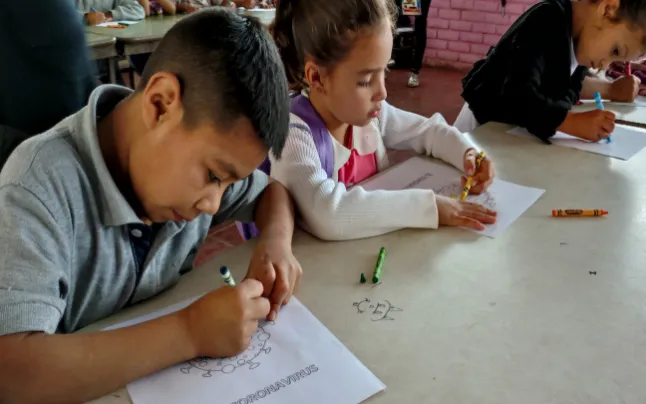


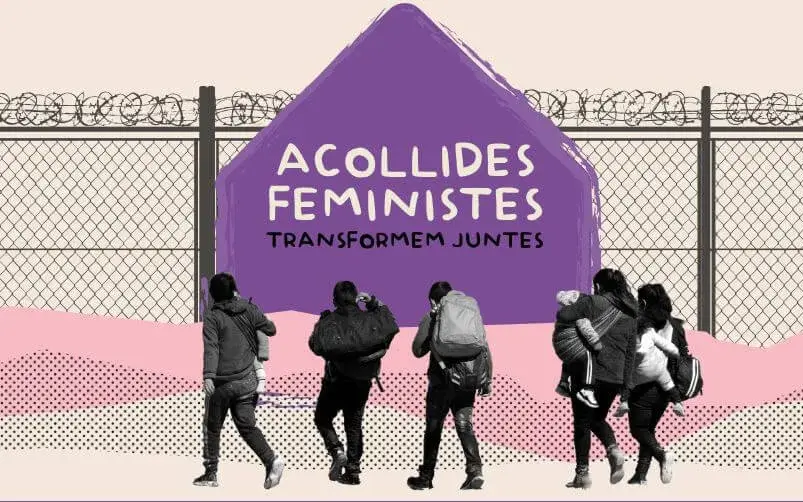
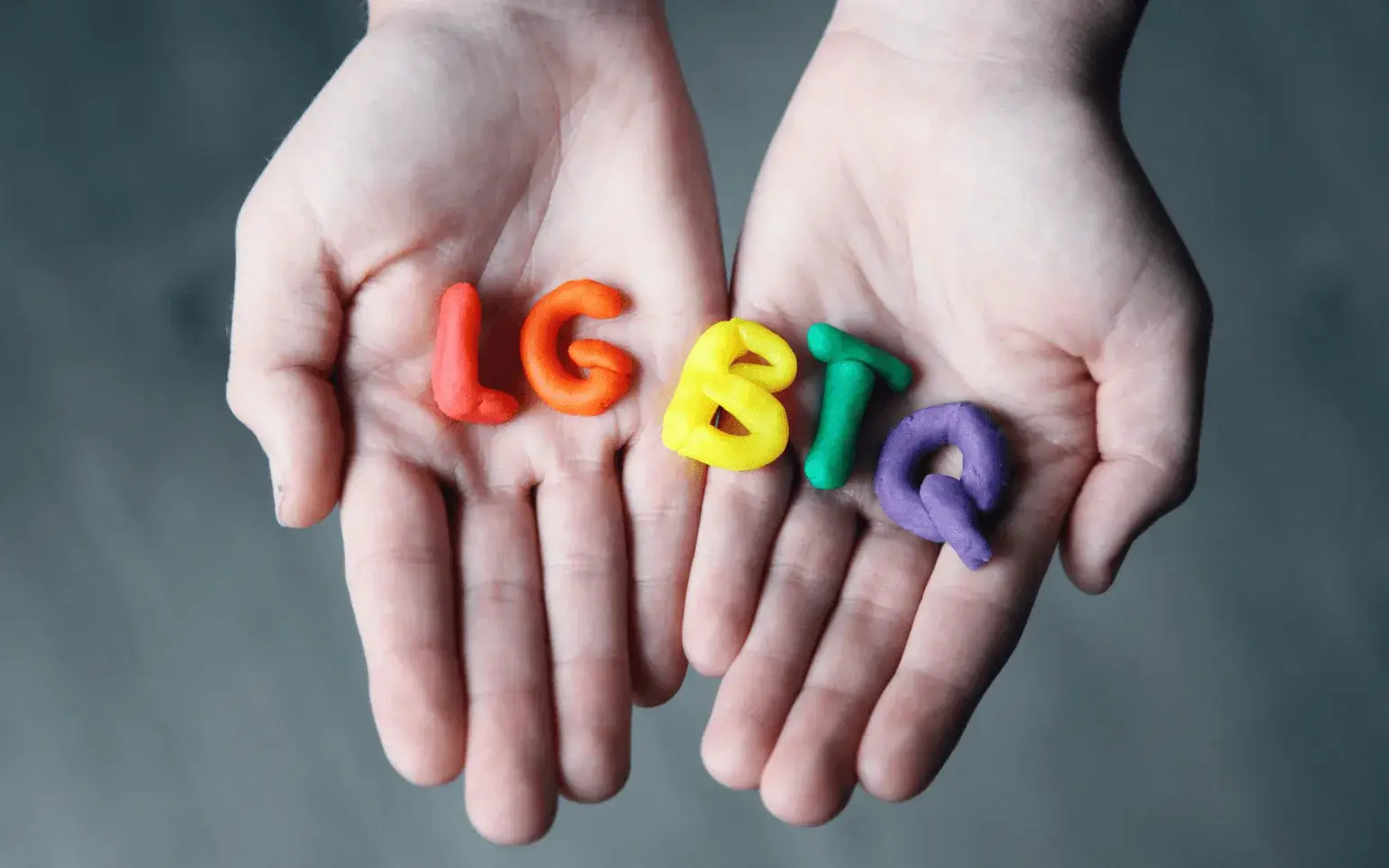


Add new comment